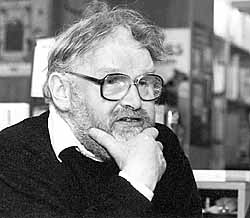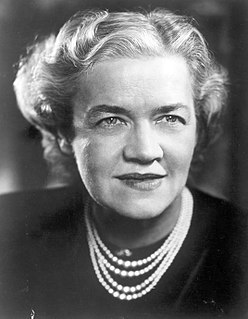A Quote by Theodore Dreiser
People in general attach too much importance to words. They are under the illusion that talking effects great results. As a matter of fact, words are, as a rule, the shallowest portion of all the argument. They but dimly represent the great surging feelings and desires which lie behind. When the distraction of the tongue is removed, the heart listens.
Related Quotes
Sweetheart, darling, dearest, it was funny to think that these endearments, which used to sound exceedingly sentimental in movies and books, now held great importance, simple but true verbal affirmations of how they felt for each other. They were words only the heart could hear and understand, words that could impart entire pentameter sonnets in their few, short syllables.
One listens to a piece of great music, say, and feels deeply moved by it, and wants to put this feeling into words, but it can't be put into words. That's what - the music has already supplied the meaning, and words will just be superfluous after that. But it's that kind of verbal meaning that can't be verbalized that I try to get at in poetry.
In fact, if you read what Kant has to say about feeling, desire and emotion, you see that he is not at all hostile to these. He is suspicious of them insofar as they represent the corruption of social life (here he follows Rousseau), but he also thinks a variety of feelings (including respect and love of humanity) arise directly from reason - there is, in other words, no daylight between the heart and the head regarding such feelings.
I speak as briefly as possible because too much harm has already been done with irresponsible words of bitterness and selfish political opportunism. I speak as simply as possible because the issue is too great to be obscured by eloquence. I speak simply and briefly in the hope that my words will be taken to heart.







































